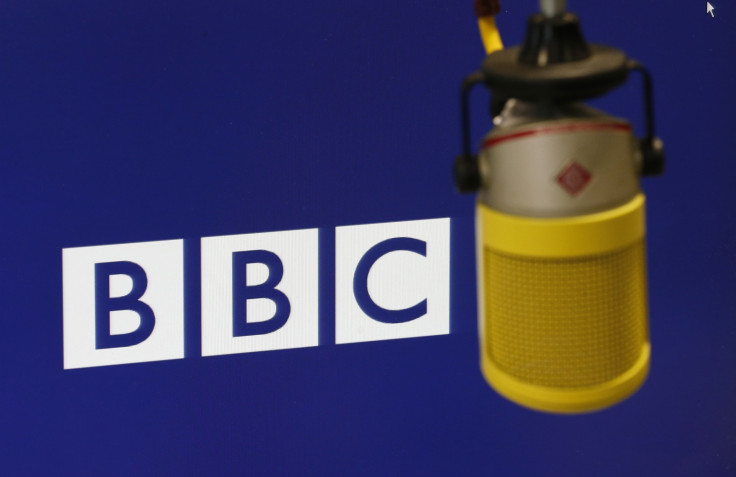North Korea to receive BBC radio as part of World Service expansion plans
BBC World Service announces plans for its biggest expansion 'since the 1940s'.

North Korea is set to receive BBC radio as part of the corporation's plans to expand its World Service. The UK government-backed body said the proposals are the biggest expansion "since the 1940s".
Despite growing pressure on its finances, the broadcaster is embarking on a massive global expansion that will see 11 new foreign languages added to its existing services. Among them will be Korean and Pidgin.
The new services, which will kick off in 2017, are financed by the latest £289m boost from the British government. BBC sources told The Times that the news programmes would not be transmitted from inside North Korea but did give the operator's location.
Calling it a "historic day for the BBC," Tony Hall, director general of the broadcaster, said: "The BBC World Service is a jewel in the crown — for the BBC and for Britain. As we move towards our centenary, my vision is of a confident, outward-looking BBC which brings the best of our independent, impartial journalism and world-class entertainment to half a billion people around the world. Today is a key step towards that aim."
The BBC's expansion move is unlikely to go down well with countries such as North Korea and Russia. The British broadcaster's latest plans are also seen as a counter-measure to increasing the footprint of other state-funded rivals like China-backed CCTV, Qatar-funded Al Jazeera and Moscow-supported Russia Today in the global scenario.
The plans are in line with the BBC's vision to take its services to 500 million people across the world by its centenary, 2022, keeping in mind the role of the "soft power" of the World Service.
"If soft power is about how you express western values, fairness, rule of law then the World Service is an expansion of those values. But we are not there to support British foreign policy objectives," said Fran Unsworth, the BBC World Service director.
Besides the World Service's new languages — Afaan Oromo, Amharic, Gujarati, Igbo, Korean, Marathi, Pidgin, Punjabi, Telugu, Tigrinya, and Yoruba — Thailand will also get a new digital channel as part of the plans.
© Copyright IBTimes 2024. All rights reserved.






